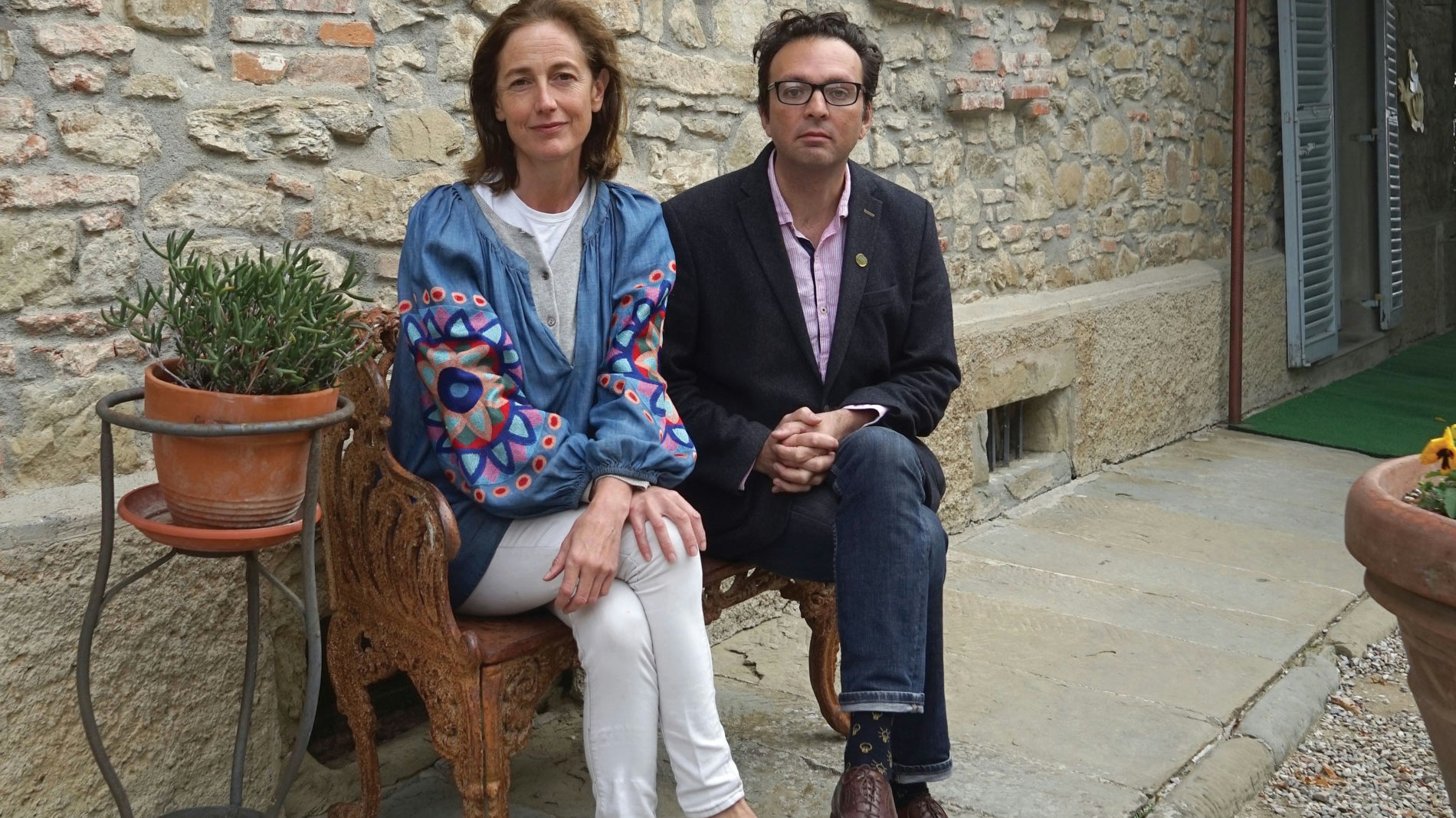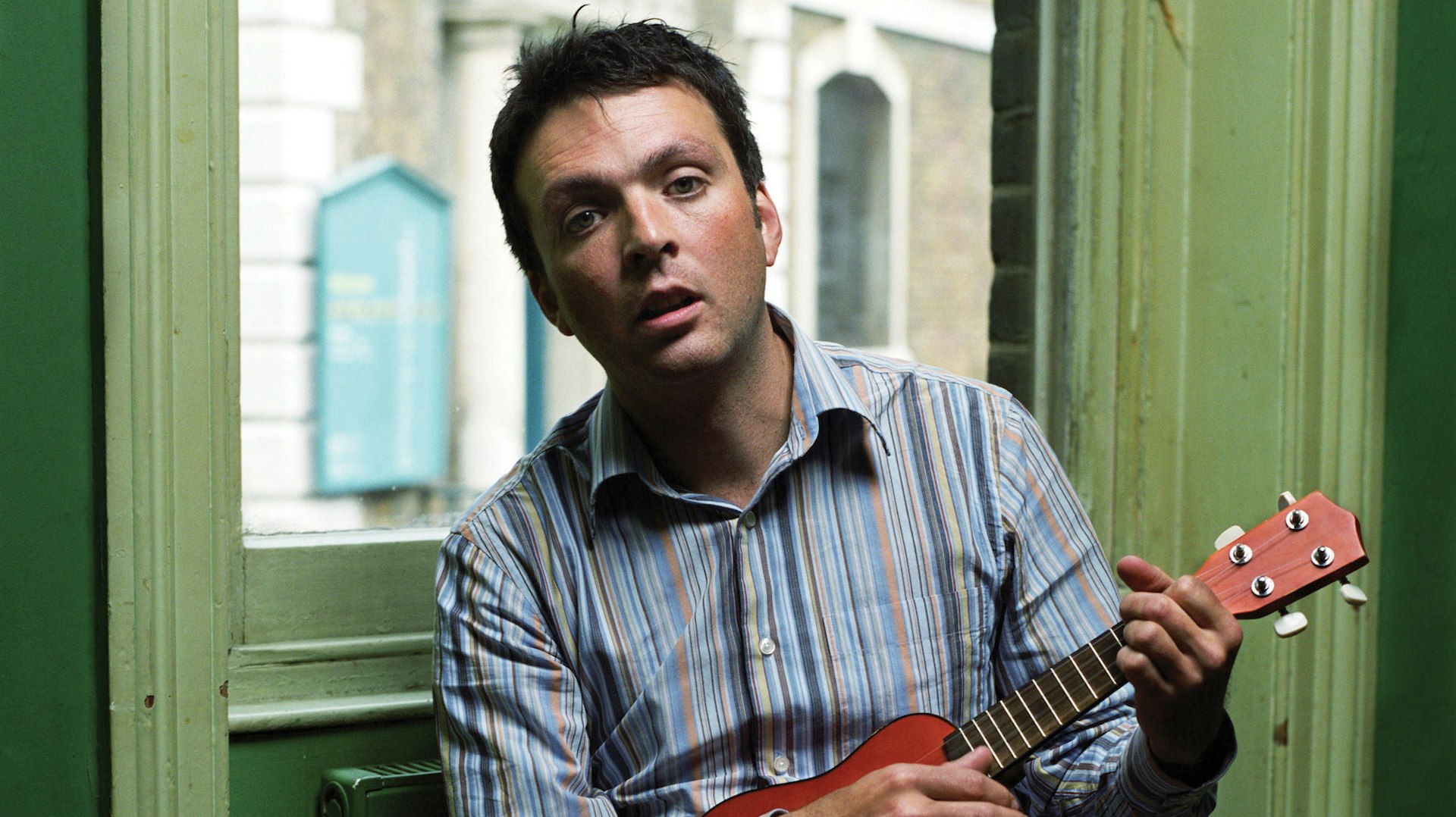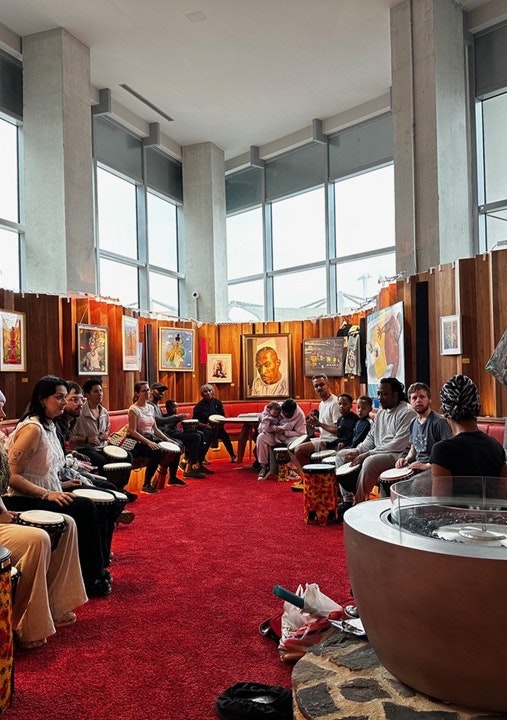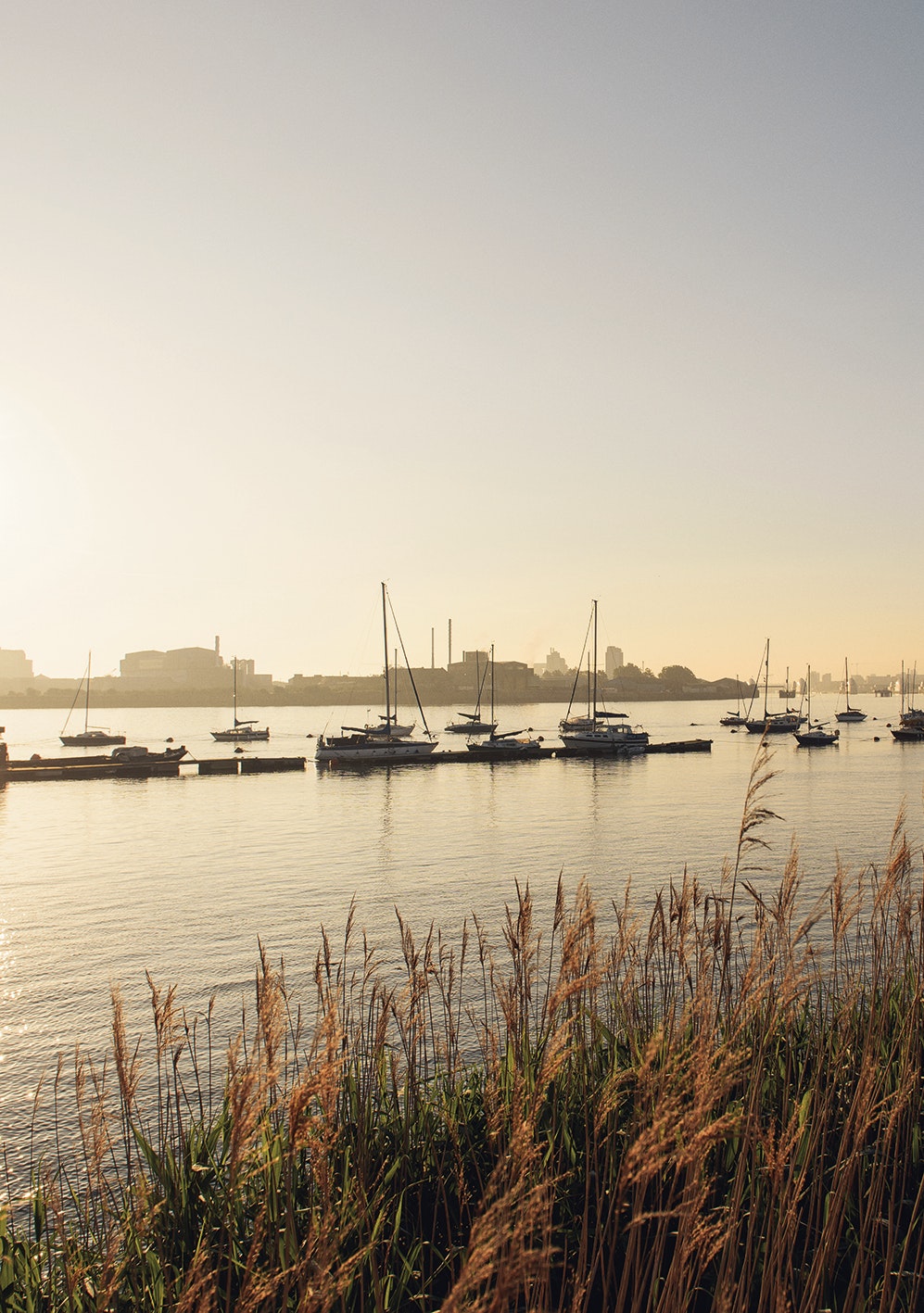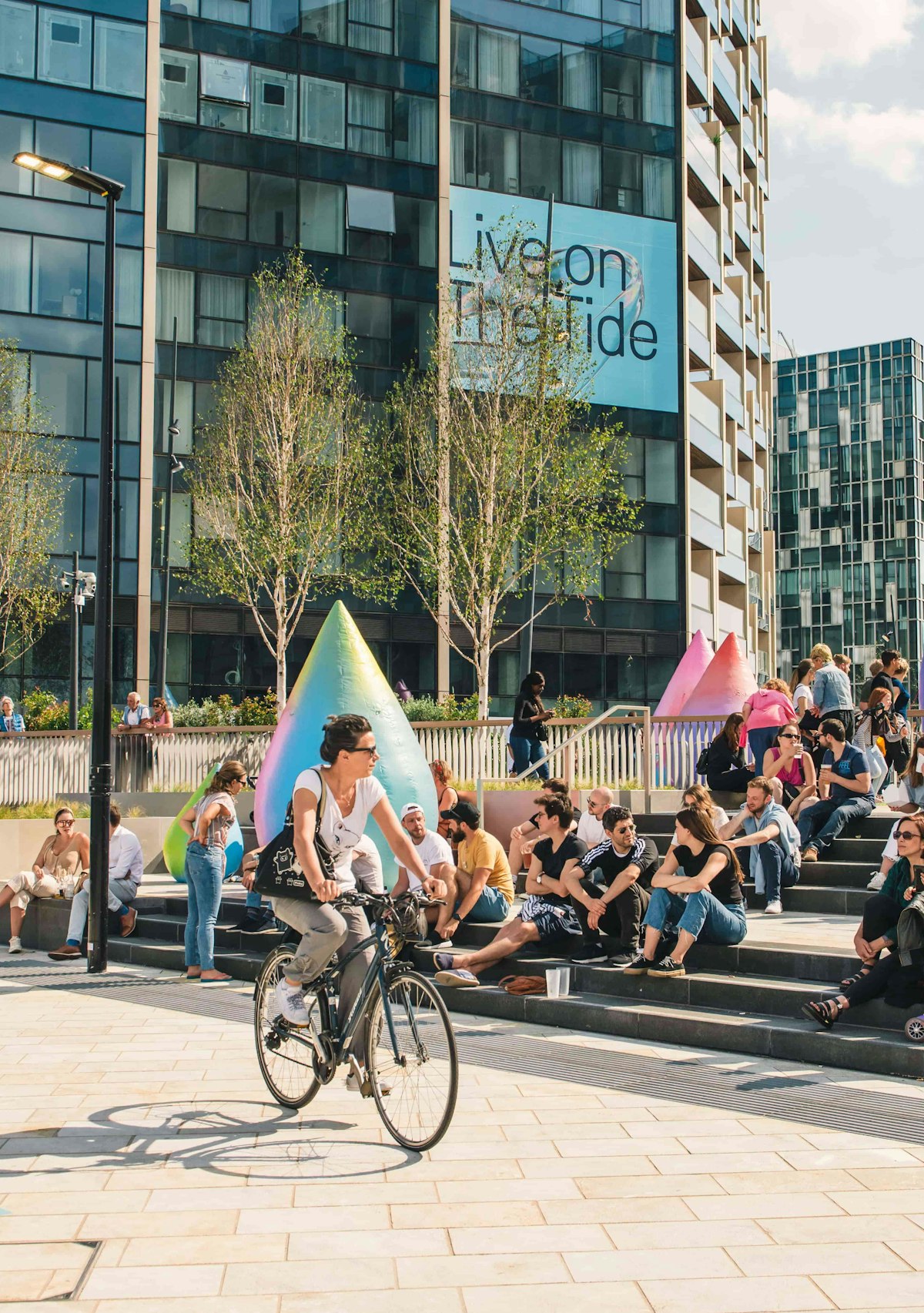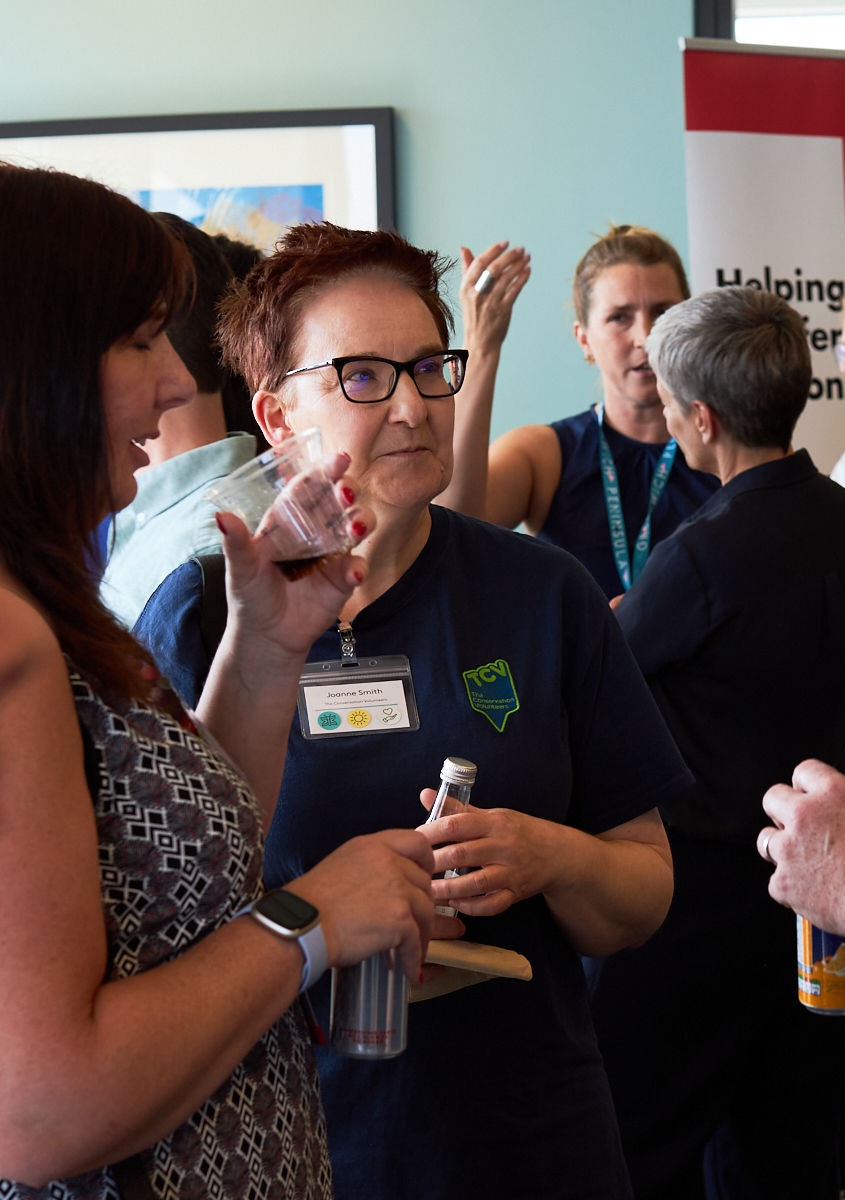
The Peninsulist Meets The Idler
In 1993, 25-year-old Tom Hodgkinson came across the 18th-century poet Dr Johnson, who claimed that “every man is, or hopes to be, an idler”. Not wishing to settle for the humdrum of the nine-to-five, The Idler magazine was born: a how-to on bringing time and space into your life. The Idler Academy quickly followed, an eccentric school teaching all things useless and wonderfully life-affirming, run by Tom’s partner, Victoria. Calligraphy and philosophy, bread-baking and the ukulele are all top of the list. This year, they celebrate 25 years of glorious idling with a celestial party at Greenwich Peninsula’s NOW Gallery. We chat to them about the paradox of idling and maximising your time by doing nothing.
Happy 25th Birthday! How will you be celebrating?
Victoria: We’re doing a celestial themed event on Greenwich Peninsula, which feels both celebratory and aspirational. There will be music and talks: one of The Idler’s themes is philosophy, and Mark Vernon, the Idler Academy philosopher, is particularly interested in angels at the moment, so he’ll be talking about that. We've also got Gavin Pretor-Pinney, who is the original co-founder of The Idler and has since created the Cloud Appreciation Society, coming to talk about clouds.
Tom: It’s going to be about looking outside of yourself and pondering the things you don’t normally give time to.
Tom, you said once that "doing nothing solves problems". How does that work?
Tom: There are scientific breakthroughs on this: the power of rest. It’s common with writers, when you’re wrestling with an issue and become stuck. Often, if you go to sleep, or take a long walk and let it percolate, you’ll find that an idea or solution will present itself.
Have you always been 'idle' workers?
Victoria: I discovered I was dyslexic in my late 20s, which had meant that as a student I had needed to work incredibly hard, and I was at a very academic school with lots of pressure and I wasn’t coping. So the Idler Academy made sense for me because it’s about learning for the pure joy of learning, without all the hideous exams.
Tom: I wasn’t OK with it to begin with. I used to feel really guilty for being lazy, but then I read an essay by Dr Johnson about how it was quite a good thing because it led to creative thinking. Rest, relaxation, recuperation, contemplation. These are positive things.
Tom, the Idler arose out of two early London employment experiences - one good one at rough trade and the other at the Sunday Mirror Magazine. How did they inform the Idler?
Tom: When I got the job at Rough Trade, I met a lot of different, creative people, and they just did bits and pieces of work, like run nightclubs, T-shirt companies and fanzines. They were living this student life that I thought was behind me, and it was great being surrounded by it all. But I wanted to be a journalist, and a friend was working at the Sunday Mirror, so I did that for a few years. At the time I felt trapped and thought other people might feel the same way, and that it would be good to have a magazine that explored more creative ways of working.
Plenty of people have gone on to enjoy great success having worked with you both. Could you tell us about a few of the more memorable ones?
Tom: Louis Theroux was writing in issue one of The Idler, and Will Self also did a lot in the 90s. Jock Scot was another one, and he was a true idler. We called him “Idler of the Year” and gave him a lifetime non-achievement award. It was amazing how he moved through life – he just didn’t seem to do anything. He called himself a poet, but he’d only written about 12 poems. He drifted around, but he was such good company.
You've had some phenomenal successes, and also run up some serious debts. What have been your greatest moments and your biggest screw ups?
Tom: The Idler bookshop was creatively successful. It was a community centre, and people loved it, but the business side was hard work. All the money seemed to go on rent and rates, and we found ourselves completely skint at the end of it. So you’ve got to be careful. One of the highest points was having my first book, How to Be Idle, published, which was so creatively satisfying.
Has the world of work and Idleness got better or worse over the past quarter-century?
Tom: Worse. There’s a long tradition of this, and it actually goes back to the ancient Greek philosophers who were saying, “Working hard, making money, it’s not going to lead to happiness.” So it is a perennial issue, but there’s this idea nowadays that unless you’ve made millions by the time you’re 29, then you’re some kind of loser. People are working incredibly hard for very little money, and for a lot of people life has become very precarious. I do see hope with the talk of the four-day week. We’re more productive when we’re more rested.
Favourite Idle pursuit?
Victoria: Reading, because that's where you find out about character and psychology.
Tom: Drinking, which is really about chatting and feasting, and reading because it feeds my brain. Writing is something that’s very hard to get down to, but it’s a very satisfying thing to do. It’s work, but it’s work that's enjoyable.
Best lazy spot in London?
Victoria: Sitting by the river in Hammersmith and staring into the Thames. If you can get access to any of London’s little squares, sitting in the hidden gardens is always great, too.
Tom: I grew up in Richmond and spent my boyhood running around the park, so definitely there. Sitting in the long grass in Hyde Park is great, too, because it’s at the heart of the city.
